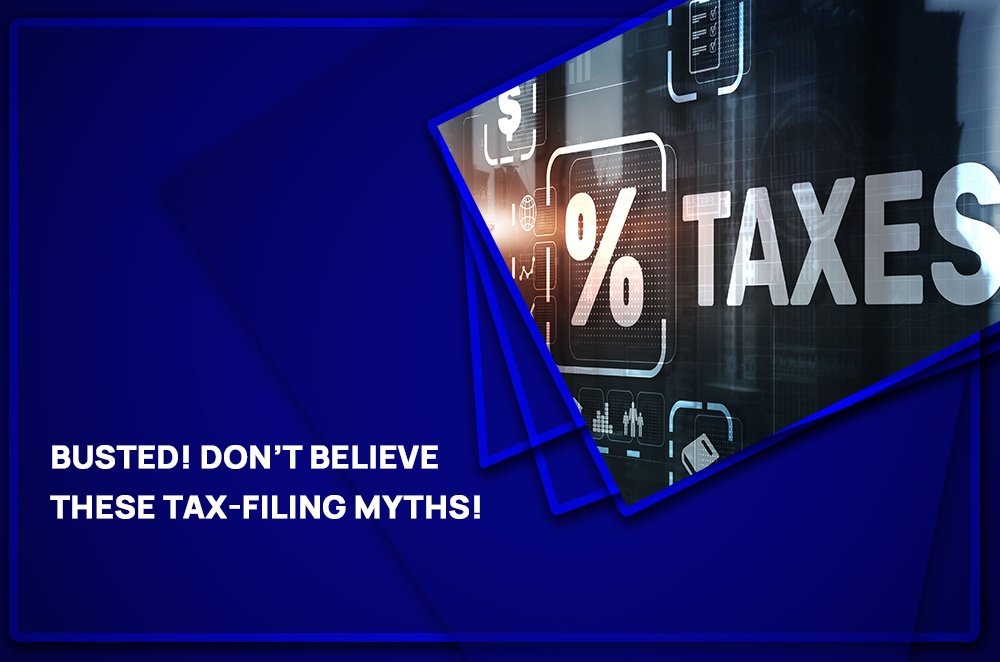Busted! Don’t Believe These Tax-Filing Myths!

For long and short-term tax optimization, businesses and individuals can hire a tax consultant. The primary role of a tax consultant or a tax advisor is to help people and organizations in paying their taxes. They answer client questions, help them prepare for future tax situations, and analyze information to ensure compliance with government regulations.
However, in today’s world of online tax forms and rampant misinformation, discerning the fiction from facts and dealing with your tax problems in a professional and timely manner can be challenging. For example, the idea that we need not disclose the previous salary amounts to one’s current employer and other misconceptions can cause problems in the future.
To help you steer clear of these misconceptions, Fort McMurray Tax & Accounting. has debunked some of the most widely believed myths about tax filing.
Myth 1: Maternity leave income is not taxable
EI (employee insurance) maternity benefits are offered to biological mothers, including surrogate mothers, who cannot work because they are pregnant or have recently given birth. A maximum of fifteen weeks of EI maternity benefits is available. As maternity leave is considered an EI benefit, it is therefore deemed as income, so it must be claimed on your tax return. Furthermore, it is very common for Service Canada to withhold less than the lowest tax rate, so you may end up having an increased tax obligation at the end of the year due to maternity leave benefits.
Myth 2: Tips are not considered income
The fact is that all income is taxable unless the law expressly excludes it. Taxable income includes money you receive, such as wages and tips. Thus servers and other hospitality industry workers are required to report their tips on their tax return as additional income. Because servers can earn a large amount of extra income from tips, it could likely lead to a tax obligation at the end of the year as no tax is withheld from tips.
Myths 3: Taking a pay raise will bump you into a higher tax bracket
Canadians face four federal tax brackets and up to six brackets provincially. Getting a pay raise and bumping up into the next bracket means that your excess income in that higher bracket will be taxed at a higher rate. The higher rate does not apply to all of your income. Every penny you earned below the new tax bracket will remain taxed at the lower rates.
If you’re looking to steer clear of these myths, reach out to Fort McMurray Tax & Accounting. As renowned tax accountants in Fort Mcmurray, Alberta, we’re proud to have served our community and Alberta’s bookkeeping and financial records needs for more than fifty years, and we invite you to take advantage of the expertise time has brought us. We offer personal taxes, corporate income taxes, bookkeeping, business consultations, and business planning. We serve clients in Fort McMurray and throughout Alberta.
For a complete list of our services, please click here. If you have any questions about Fort McMurray Tax & Accounting, we’d love to hear from you. Please contact us here.